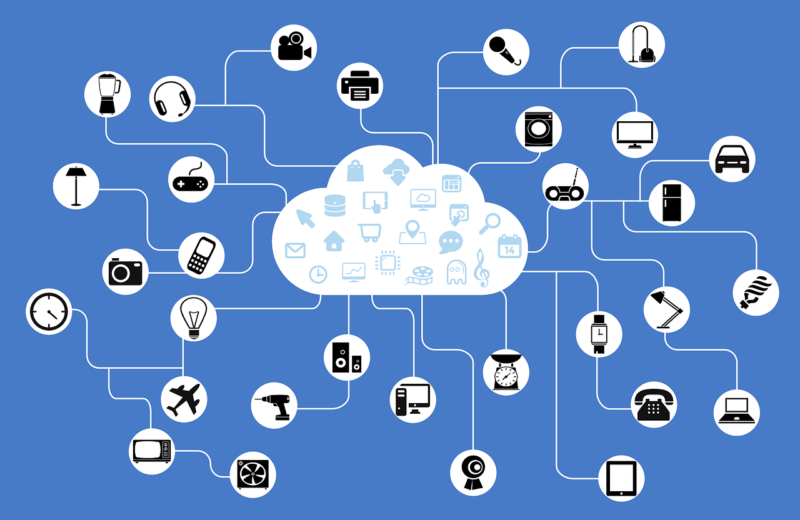
IOT visualization.
The global Internet of Things (IOT) healthcare market size is expected to reach $267.6 billion by 2023, according to P&S Market Research. The market is mainly driven by the growing need for remote patient monitoring services, growing demand for advanced healthcare information systems, increasing prevalence of chronic and lifestyle associated diseases, growing demand for mHealth technologies, and increasing support from government organizations.
On the basis of component, the IOT healthcare market has been categorized into medical devices, systems and software, and services. Among all types, the sales of medical devices were the largest in this market, accounting for 44.6 percent share in 2017. Based on technology, the IOT healthcare market is categorized into Wi-Fi, Bluetooth Low Energy (BLE), Near Field Communication (NFC), ZigBee, cellular, and satellite. Among these, the fastest growth during the forecast period is expected from Wi-Fi technology, with 32.1% CAGR. This is attributed to the increasing adoption of Wi-Fi gadgets and tools in hospitals for sending the medical data to-and-from the cloud.
IOT in healthcare finds application in telemedicine, clinical operations, medication management, connected imaging, inpatient monitoring, and others. During the forecast period, the market is expected to witness the highest growth from the telemedicine application category, with a CAGR of 32.1 percent. The end users for IoT healthcare market include hospitals, surgical centers, and clinics; clinical research organizations; research and diagnostic laboratories; and others. Of these, the market is expected to witness the fastest growth in the hospitals, surgical centers, and clinics category, with a CAGR of 31.1% during the forecast period.
Some of the other key players operating in the IOT healthcare industry are PhysIQ, Adheretech, Proteus Digital Health, Koninklijke Philips N.V., Cisco Systems, General Electric, Honeywell International, SAP SE, Stanley Black & Decker, IBM, Medtronic, and Microsoft.
